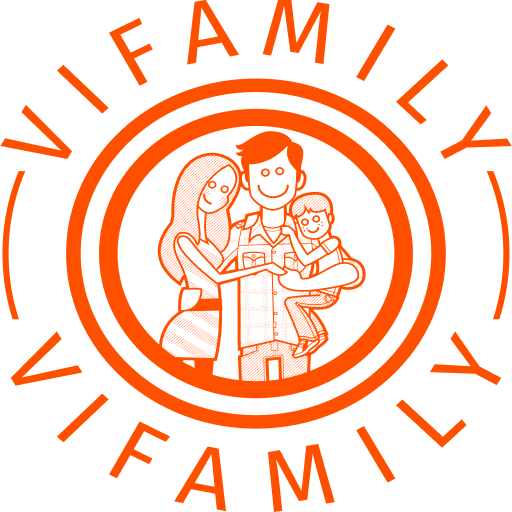There is no set starting age for when children start school in Ontario. Each school board makes their own decision about when to start school for their students.Generally, students in elementary school (grades K – 6) start school at the beginning of August or the beginning of September. Students in middle school (grades 7 – 8) start school in January or February and students in high school (grades 9 – 12) start school in May or June.However, there are lots of exceptions to these general starting dates. For example, some middle schools may start earlier than January or June and some high schools may start later than May. This is typically based on student needs and the type of program they are entering.
What age do kids start pre K in Ontario?
There is no set age to start pre-K in Ontario, but most classes are offered from September to December. Most areas have a waitlist for early enrolment, so it is recommended to register as soon as slots open.If you are interested in pre-K, check with your child’s school to see if there is a waitlist, and if so, when they open up. If there is not a waitlist, you may want to register shortly before the school year begins. There are many benefits to enrolling your child in pre-K, such as getting them used to being in school earlier, having access to special programs and activities that only occur during the school year and having more time with teachers and staff as part of the TK program (toys and clutter free environment). You can find more information about pre-K programs at ReadyKidsEnterprise.com
What is the first day of school in September 2022 in Ontario?
In September 2022, in Ontario, the first day of school will be Monday, September 11th. There will be 65 school days in that month.The first day of school in September 2022 will be Monday, September 11th. There will be 65 school days in that month.
Should my child start school at 4 or 5?
In the United States, 4-year-old schoolchildren participate in individual and small group instruction, as well as cooperative learning activities. Learning centers at the child’s school provide children with opportunities to experiment with a range of materials and activities. Preschoolers are also encouraged to play outside and acquire a sense of independence. During this period, children begin to learn basic math concepts through counting and playing games. They also begin to develop reasoning skills, such as problemsolving, by keeping records of their daily chores or allowance. At 4 years old, school-aged children can follow simple classroom directions and work independently on simple tasks. At 5 years old, they can complete more challenging assignments with assistance from adults or other peers.When determining the best time to start school for your child, consider the child’s developmental level and individual interests. Also take into account your family’s schedule and financial resources. If your child is interested in a particular subject or activity, it may be best to delay formal classroom instruction until later in the year. If you want your child to eventually attend college or pursue a particular career path, it may be preferable for her to enroll in early childhood education programs that give her more hands-on experience with developmentally appropriate materials and activities.Although there is no right time to start school, research suggests that 4-year-olds are developmentally ready for school in most parts of the United States. If your child attends preschool or after-school enrichment programs by the age of 3 years old, he may be ready for kindergarten at 4 years old (or slightly older). In some localities, such as New York City and San Francisco, the public school system requires children to be 5 years old before they can start kindergarten (see early entrance guidelines).
